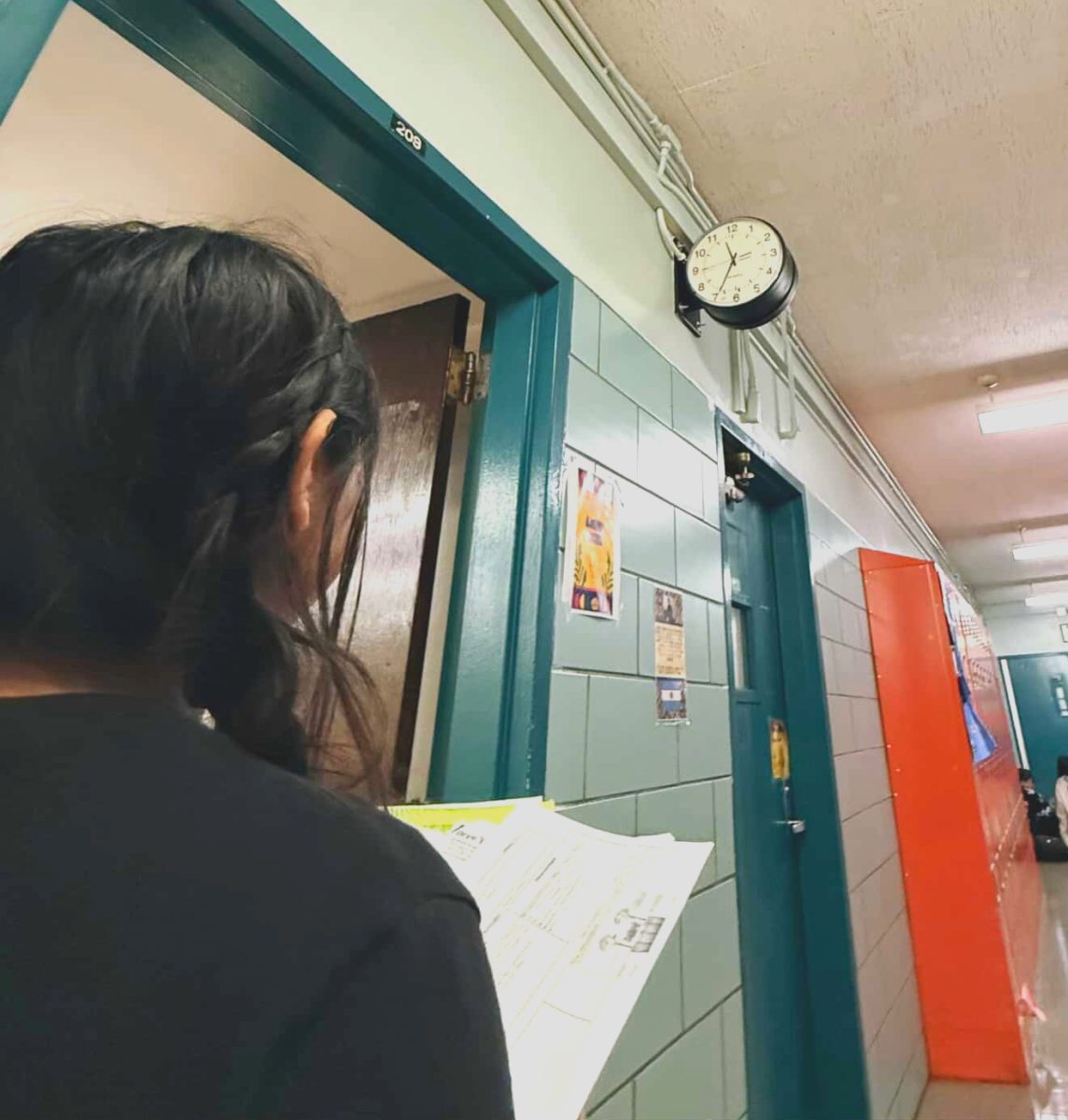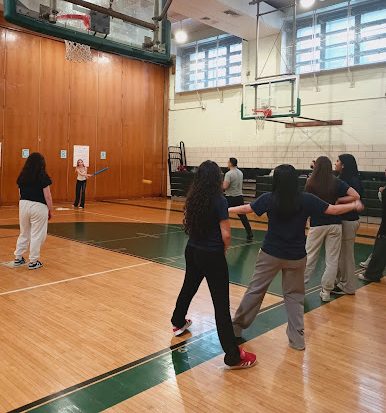Following the election of the 47th president, Donald J. Trump, a wave of mixed emotions has swept across the United States. While the outcome of the presidential race has dominated the public’s attention, many are less aware of the other key elections that took place. On Nov. 5, 2024, the election was not limited to the presidency; it also included races for the Senate, the House of Representatives, and, in some states, gubernatorial positions.
Senators serve six-year terms, representatives serve two-year terms, and governors serve four-year terms. Select elections for the senate and house are held every two years in even-numbered years, meaning that every other election coincides with the presidential election, as was the case this year. While gubernatorial elections occur every four years, they do not always line up with the presidential election due to varying state laws regarding election timing.
Despite the prevalence of these elections, Museum School students varied in their awareness of the results of this year’s election beyond the presidency. Freshman Stanley Peña said that he was “not aware at all” about any elections apart from the presidential election. Jackson Koch, sophomore, said that while he was aware of the gubernatorial and congressional elections, he “did not know very much besides who won the presidential election.” Senior Luke Bigiarini said that he was aware of the gubernatorial and congressional elections and argued that these results “will have a large impact on the education of New York City students.”
In every election in the last 20 years except for 2012, there has been a change in at least one chamber of congress. This year’s election was no exception. The result was an overall win for the Republican party as they won the Presidential election, maintained a majority in the House of Representatives and gained majority in the Senate, as well as held onto eight out of 11 of the gubernatorial seats.
In the Senate races, the Republican party gained four seats that were previously held by the Democratic party, shifting the landscape to 53 Republicans and 47 Democrats. In the House of Representatives, the balance is at 215-220 seats in favor of the Republican party, as the Republican party flipped seven seats, and the Democratic party flipped 8 seats. In the elections for governors, the incumbent parties remained in power for the 11 seats that were up for election, three Democrat and eight Republican.
The House of Representatives, Senate, and gubernatorial positions play a crucial role in shaping U.S. policy because they hold the power to draft and pass legislation, influence state governance, and determine the direction of national and regional political agendas. Their legislation has an impact on current high school students.
Mr. Johnson, the AP U.S History and AP Government teacher said, “They’re going to pass the laws that are impacting your future, especially if you want to think about how the new government is theoretically talking about changing the department of education.” Junior Baron Diaz agreed. “I’d actually argue that Congress has a very large impact on the country, especially since they make such important decisions regarding laws, and policies,” Diaz said.
In the next presidential election, most current high school students will be able to vote. Their votes, for all levels of government, will make a difference in the landscape of the United States for years to come.




























